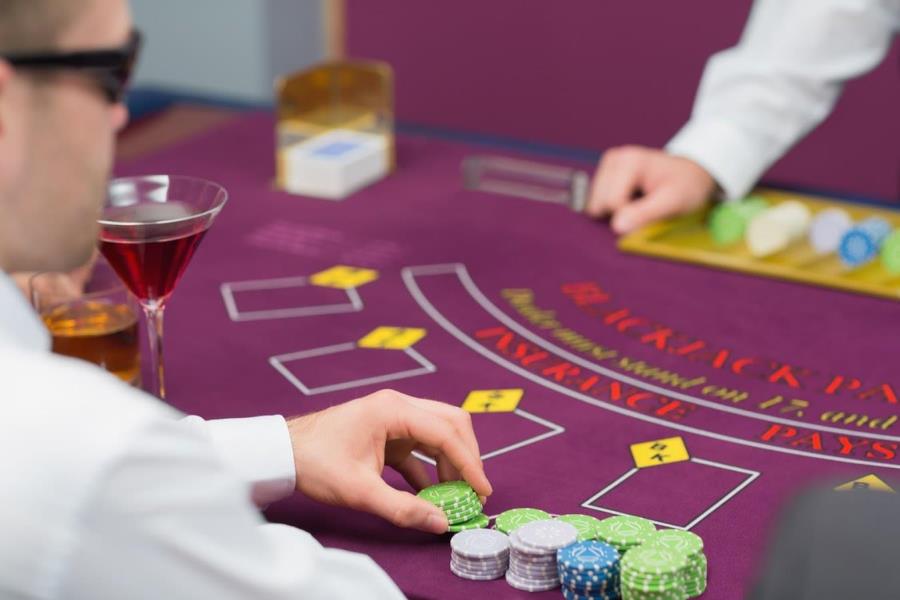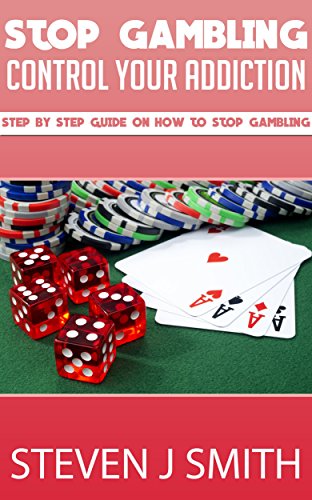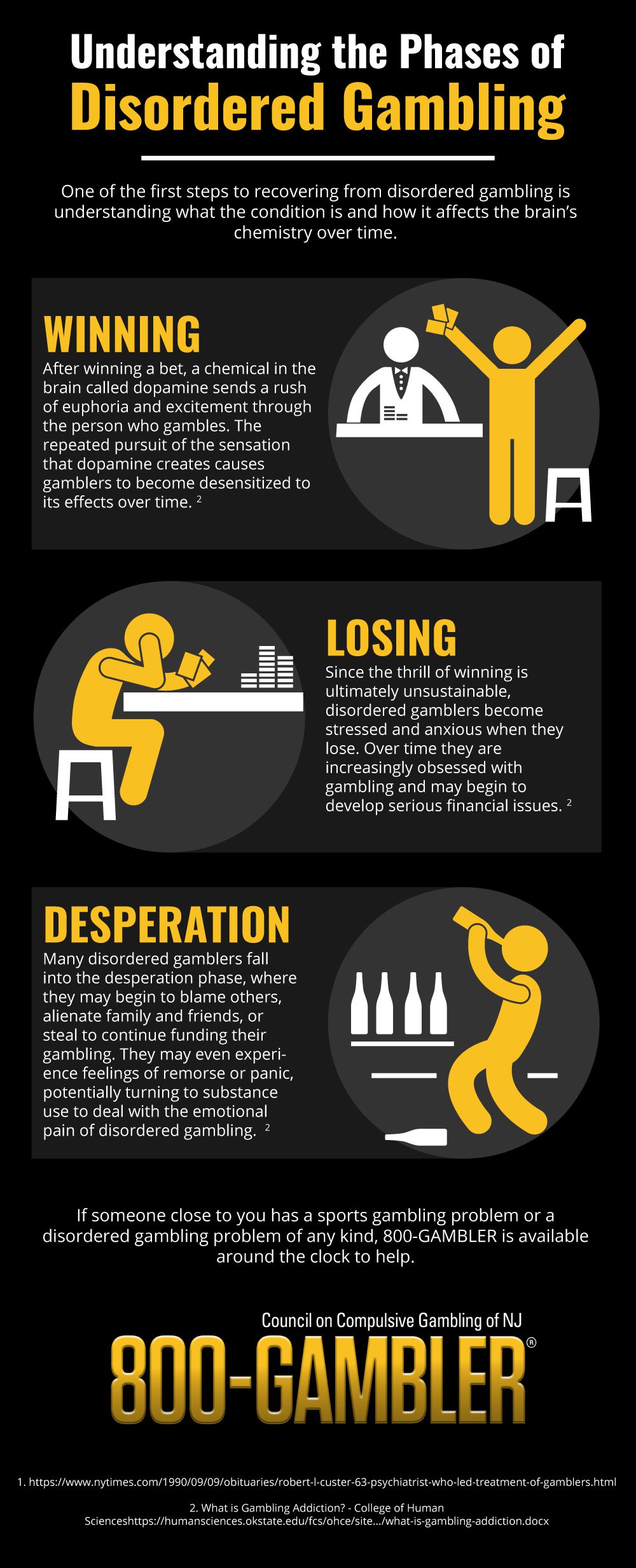Answer the quiz questions below to see if you or a loved one may be addicted to gambling. Instructions: Below is a list of questions that relate to life experiences common among people with a gambling addiction. Please read each question carefully, and indicate how often you have experienced the same or similar challenges in the past few months.
Take this gambling addiction test to help find out whether you have a problem with gambling or a real gambling problem.

How To Find Out If Someone Has A Gambling Problem
- Talking to someone about problem gambling is never easy. It is important to remind them that you truly care for their well-being. Be specific and direct about your concerns; try to listen without.
- If you think that you or someone you know may have a gambling addiction, speak to your doctor in the first instance. If needed, your doctor can provide a referral to a psychologist. Resources and support. For more information and support, try these resources: Gambling Help Online on 1800 858 858, 24 hours a day; Lifeline on 13 11 14, 24 hours a day.
- Gambling problems can be very difficult to spot and even harder for the person with the problem to accept. Do you have a Gambling Problem?
How to Recognize a Gambling Problem
It isn't difficult to determine if a person has a gambling problem. The signs of a gambling addiction or gambling problem are likely apparent to significant others surrounding the person with a gambling addiction. But to the gambling addict who's enmeshed in the world of betting, it's often difficult to see things clearly.
Gambler's Anonymous asks its new members twenty questions. These questions are provided to help the individual decide if he or she is a compulsive gambler and wants to stop gambling. Pathological gamblers usually answer 'yes' to at least seven of these questions:
Gambling Addiction Test: Is Gambling A Problem for You?
Do you really want to know if you have problems with gambling. Answer these gambling addiction test questions honestly.
- Did you ever lose time from work or school due to gambling?
- Has gambling ever made your home life unhappy?
- Did gambling affect your reputation?
- Have you ever felt remorse after gambling?
- Did you ever gamble to get money with which to pay debts or otherwise solve financial difficulties?
- Did gambling cause a decrease in your ambition or efficiency?
- After losing did you feel you must return as soon as possible and win back your losses?
- After a win did you have a strong urge to return and win more?
- Did you often gamble until your last dollar was gone?
- Did you ever borrow to finance your gambling?
- Have you ever sold anything to finance gambling?
- Were you reluctant to use 'gambling money' for normal expenditures?
- Did gambling make you careless of the welfare of yourself or your family?
- Did you ever gamble longer than you had planned?
- Have you ever gambled to escape worry or trouble?
- Have you ever committed, or considered committing, an illegal act to finance gambling?
- Did gambling cause you to have difficulty in sleeping?
- Do arguments, disappointments or frustrations create within you an urge to gamble?
- Did you ever have an urge to celebrate any good fortune by a few hours of gambling?
- Have you ever considered self-destruction or suicide as a result of your gambling?
How To Find Out If Someone Has A Gambling Problem Even
Gambling Problem? What Next?
If you are concerned about having a gambling problem, even if you just consider if a 'problem with gambling,' print the results of this gambling addiction test and share them with your doctor, a counselor or therapist, or someone else you trust. Problem gambling can be helped with proper gambling addiction treatment.
Sources:
- Gambler's Anonymous

next: Why Do People Gamble
~ all gambling addiction articles
~ all articles on addictions
APA Reference
Gluck, S. (2008, December 16). Do You Have A Gambling Problem?, HealthyPlace. Retrieved on 2020, December 15 from https://www.healthyplace.com/addictions/gambling-addiction/gambling-addiction-test
By Sydney Smith LPC, LADC, NCGC-II
A gambling problem can be difficult to detect
Problem Gambling can be hidden for a long time which often makes it very difficult to detect. By the time the problem surfaces and the family finds out, the devastation and wreckage can be tremendous. Family members tend to know that something is wrong with their loved one but due to gambling addiction's invisible nature, especially in the early stages of the disease, it can be extremely hard to identify.
In this article, we will discuss the signs and symptoms of, and ways to identify if your loved one has a gambling problem. Then, we'll invite your questions about how to get help at the end. Dreams punta cana resort casino.
Determining if there is a gambling problem
As a family member, we may or may not know the extent of the gambling problem or how long gambling has been an issue for our loved one. We may know about the gambling, but still have much uncertainty as to whether there is a gambling problem. So if you are asking yourself,
'How do I know if my loved one is a problem gambler?'
…the following are questions and information that may help determine if there is a gambling problem.
SIGN 1: Time away. If I know the person is gambling, the amount of time spent gambling or engaged in gambling activities increases. The gambler can be gone for long unaccounted for periods of time.

When the gambler in my life gambled, he often gambled while he was at work. So, in the early stages I did not know how much time he actually spent gambling. As his gambling worsened, he would not come home from work and would disappear for 24 hours at a time.
SIGN 2: Obsession to find money. Is the gambler becoming preoccupied or obsessed with obtaining money to gamble or thoughts of gambling? The great obsession can be on coming up with ways to borrow money, taking out loans, pawning items for cash, or planning their next bet.

Living with a gambler in the past, I would frequently have jewelry missing or items of value just disappear. Later I would learn that my gambler would pawn these items to obtain gambling money or to chase his losses. Later in the progression of the disease, the gambler may be physically present but not there, as the mind is preoccupied with gambling.
SIGN 3: Emotional volatility. Does the gambler have moods swings or gambles as a means to cope or change feelings? A gambler deep into his addiction can exhibit mood swings similar to those of a person diagnosed with bi-polar disorder. The extreme up and down in moods can be hard on both the gambler and the family members. The 'up' moods can follow a win, and the gambler may even brag about the winnings. The 'down' mood can be very depressive and the gambler may experience anxious or depressed mood, anger, and become irritable.
Gambling is used to change the way the person is feeling and the family members may hear the gambler make statements such as, 'I had a stressful day at work and I just need to go gamble to unwind'.
How To Find Out If Someone Has A Gambling Problem Regarding

How To Find Out If Someone Has A Gambling Problem
- Talking to someone about problem gambling is never easy. It is important to remind them that you truly care for their well-being. Be specific and direct about your concerns; try to listen without.
- If you think that you or someone you know may have a gambling addiction, speak to your doctor in the first instance. If needed, your doctor can provide a referral to a psychologist. Resources and support. For more information and support, try these resources: Gambling Help Online on 1800 858 858, 24 hours a day; Lifeline on 13 11 14, 24 hours a day.
- Gambling problems can be very difficult to spot and even harder for the person with the problem to accept. Do you have a Gambling Problem?
How to Recognize a Gambling Problem
It isn't difficult to determine if a person has a gambling problem. The signs of a gambling addiction or gambling problem are likely apparent to significant others surrounding the person with a gambling addiction. But to the gambling addict who's enmeshed in the world of betting, it's often difficult to see things clearly.
Gambler's Anonymous asks its new members twenty questions. These questions are provided to help the individual decide if he or she is a compulsive gambler and wants to stop gambling. Pathological gamblers usually answer 'yes' to at least seven of these questions:
Gambling Addiction Test: Is Gambling A Problem for You?
Do you really want to know if you have problems with gambling. Answer these gambling addiction test questions honestly.
- Did you ever lose time from work or school due to gambling?
- Has gambling ever made your home life unhappy?
- Did gambling affect your reputation?
- Have you ever felt remorse after gambling?
- Did you ever gamble to get money with which to pay debts or otherwise solve financial difficulties?
- Did gambling cause a decrease in your ambition or efficiency?
- After losing did you feel you must return as soon as possible and win back your losses?
- After a win did you have a strong urge to return and win more?
- Did you often gamble until your last dollar was gone?
- Did you ever borrow to finance your gambling?
- Have you ever sold anything to finance gambling?
- Were you reluctant to use 'gambling money' for normal expenditures?
- Did gambling make you careless of the welfare of yourself or your family?
- Did you ever gamble longer than you had planned?
- Have you ever gambled to escape worry or trouble?
- Have you ever committed, or considered committing, an illegal act to finance gambling?
- Did gambling cause you to have difficulty in sleeping?
- Do arguments, disappointments or frustrations create within you an urge to gamble?
- Did you ever have an urge to celebrate any good fortune by a few hours of gambling?
- Have you ever considered self-destruction or suicide as a result of your gambling?
How To Find Out If Someone Has A Gambling Problem Even
Gambling Problem? What Next?
If you are concerned about having a gambling problem, even if you just consider if a 'problem with gambling,' print the results of this gambling addiction test and share them with your doctor, a counselor or therapist, or someone else you trust. Problem gambling can be helped with proper gambling addiction treatment.
Sources:
- Gambler's Anonymous
next: Why Do People Gamble
~ all gambling addiction articles
~ all articles on addictions
APA Reference
Gluck, S. (2008, December 16). Do You Have A Gambling Problem?, HealthyPlace. Retrieved on 2020, December 15 from https://www.healthyplace.com/addictions/gambling-addiction/gambling-addiction-test
By Sydney Smith LPC, LADC, NCGC-II
A gambling problem can be difficult to detect
Problem Gambling can be hidden for a long time which often makes it very difficult to detect. By the time the problem surfaces and the family finds out, the devastation and wreckage can be tremendous. Family members tend to know that something is wrong with their loved one but due to gambling addiction's invisible nature, especially in the early stages of the disease, it can be extremely hard to identify.
In this article, we will discuss the signs and symptoms of, and ways to identify if your loved one has a gambling problem. Then, we'll invite your questions about how to get help at the end. Dreams punta cana resort casino.
Determining if there is a gambling problem
As a family member, we may or may not know the extent of the gambling problem or how long gambling has been an issue for our loved one. We may know about the gambling, but still have much uncertainty as to whether there is a gambling problem. So if you are asking yourself,
'How do I know if my loved one is a problem gambler?'
…the following are questions and information that may help determine if there is a gambling problem.
SIGN 1: Time away. If I know the person is gambling, the amount of time spent gambling or engaged in gambling activities increases. The gambler can be gone for long unaccounted for periods of time.
When the gambler in my life gambled, he often gambled while he was at work. So, in the early stages I did not know how much time he actually spent gambling. As his gambling worsened, he would not come home from work and would disappear for 24 hours at a time.
SIGN 2: Obsession to find money. Is the gambler becoming preoccupied or obsessed with obtaining money to gamble or thoughts of gambling? The great obsession can be on coming up with ways to borrow money, taking out loans, pawning items for cash, or planning their next bet.
Living with a gambler in the past, I would frequently have jewelry missing or items of value just disappear. Later I would learn that my gambler would pawn these items to obtain gambling money or to chase his losses. Later in the progression of the disease, the gambler may be physically present but not there, as the mind is preoccupied with gambling.
SIGN 3: Emotional volatility. Does the gambler have moods swings or gambles as a means to cope or change feelings? A gambler deep into his addiction can exhibit mood swings similar to those of a person diagnosed with bi-polar disorder. The extreme up and down in moods can be hard on both the gambler and the family members. The 'up' moods can follow a win, and the gambler may even brag about the winnings. The 'down' mood can be very depressive and the gambler may experience anxious or depressed mood, anger, and become irritable.
Gambling is used to change the way the person is feeling and the family members may hear the gambler make statements such as, 'I had a stressful day at work and I just need to go gamble to unwind'.
How To Find Out If Someone Has A Gambling Problem Regarding
SIGN 4: New secrets. Are there secretive behaviors or hiding? Is the gambler becoming very secretive in his actions and with his money? Hiding of gambling wins or losses, hiding lottery tickets, tax documents, etc. becomes common.
In my therapy practice, I often hear the spouses say, 'I found payday loan papers, or while cleaning, I found ATM receipts from the casino.'. The family may begin to lose trust for the gambler as the hiding, concealing, and lying about gambling grows.
20 questions to ask yourself
These are a few of the more noticeable warning signs one may experience with the gambler. In addition, Gam-Anon created a simple list of 20 questions for family members to ask themselves.
Family members of problem gamblers will answer 'YES' to at least seven of the twenty questions.
- Do you find yourself constantly bothered by bill collectors?
- Is the person in question often away from home for long unexplained periods of time?
- Does this person ever lose time from work due to gambling?
- Do you feel that this person cannot be trusted with money?
- Does this person promise that he or she will stop gambling, yet gambles again and again?
- Does this person ever gamble longer than he or she intended?
- Does this person immediately return to gambling to try to recover losses or to win more?
- Does this person ever gamble to get money to solve financial difficulties?
- Does this person borrow money to gamble with or to pay gambling debts?
- Has this person's reputation ever suffered due to gambling?
- Have you come to the point of hiding money needed for living expenses?
- Do you search this person's clothing, go through his or her wallet, or check on his or her activities?
- Do you hide his or her money?
- Have you noticed personality changes in him or her?
- Does this person consistently lie to cover up or deny his or her gambling activities?
- Does this person use guilt induction as a method of shifting responsibility for his or her gambling onto you?
- Do you attempt to anticipate this person's moods to try to control his or her life?
- Does this person ever suffer from remorse or depression due to gambling sometimes to the point of self-destruction?
- Have you ever threatened to break up the family because of the gambling?
- Do you feel that your life together is a nightmare?
What can you do next?
This list can be found on the Gam-Anon website or in Gam-Anon published literature. If you can identify with any of the information listed above:
How To Find Out If Someone Has A Gambling Problem To Be
- Continue to educate yourself about gambling addiction through resources and literature.
- Reach out to a trained professional.
- Attend a Gam-Anon or any 12-step support meeting for friends and family of addicts.
If we believe our loved one has a gambling addiction, it is OK to encourage them to seek help, however, it is vitally important for us as family members to seek out our own help. We are not alone, there is hope, and life can get better.

